-

Cloning is not bad, not at all – when we talk about WordPress
Over the years, medical research and experimentation around clonation have surrounded the term “Clone” with a halo of wickedness. The picture heading this post seems to demonstrate one of these bad practices from the past, but nothing further from reality. In 1925, Brangulí captured the “Artificial Solarium” for infants of unmarried mothers in the “Pabellón
-
Connect via SFTP with FileZilla
This guide shows you how to connect to an FTP Server with FileZilla using the secure SFTP protocol. SFTP “Secure File Transfer Protocol” is the FTP version with which you can safely manage your web files.
-
Disable WordPress RSS feed: step-by-step guide
In this guide, we’ll explore the practical steps to effectively disable RSS feeds in WordPress, a useful tactic for those looking to streamline their site’s syndication links. To enable you to disable the WordPress RSS feed without jeopardizing your live website, we provide a dedicated development server.
-
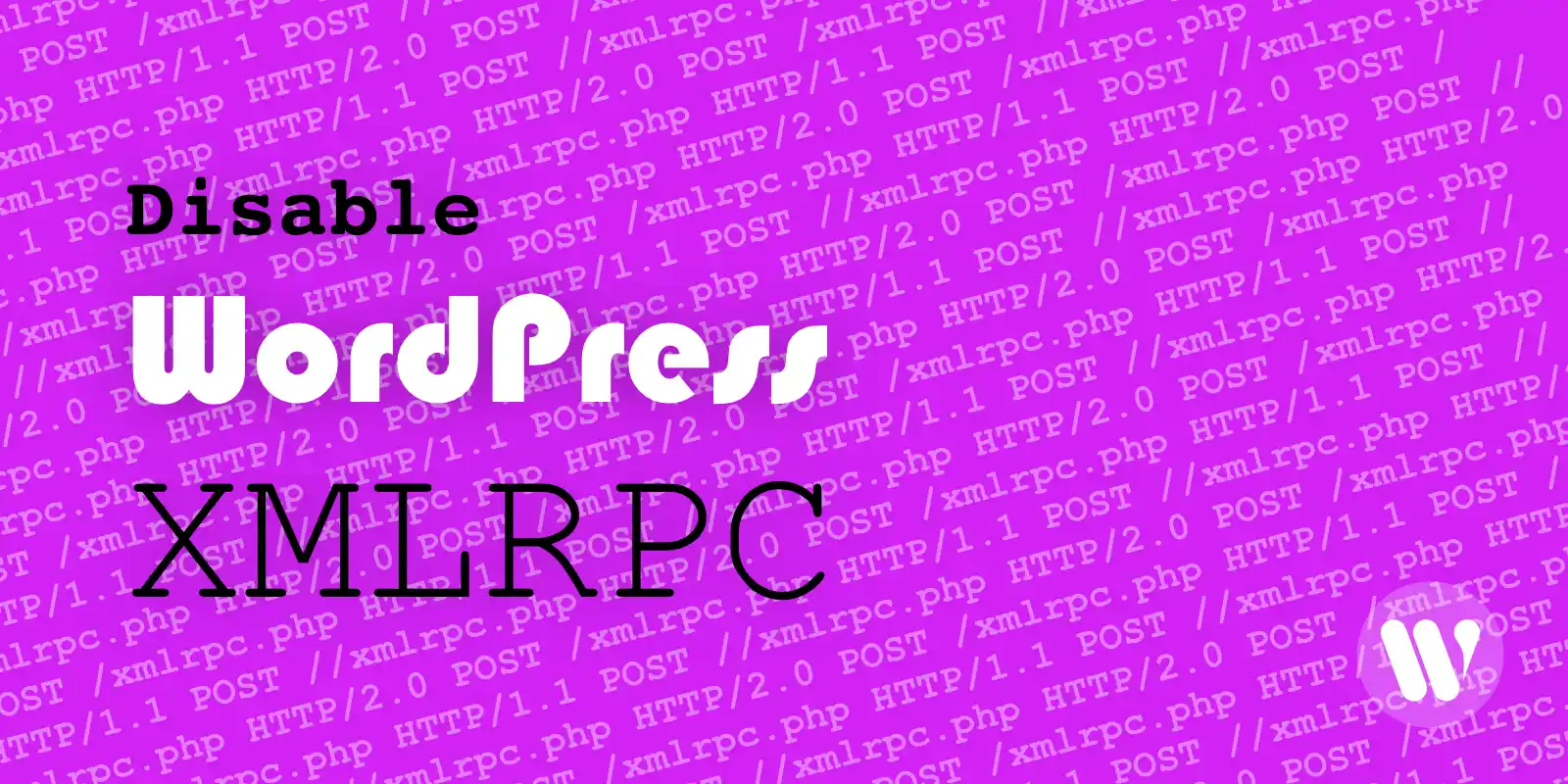
Disable WordPress XMLRPC
In this post we analyze precisely the “when” and “why” to disable XMLRPC and how to do it efficiently. Remote access to WordPress using XMLRPC has been made easy for many years. Sending HTTP requests to xmlrpc.php allows you to send commands to WordPress and manage its content without login into the desktop. However, XMLRPC
-
Get a complete WordPress Backup Solution
Backups are a form of preventive security measure and our last defense against any data loss, misconfiguration, or malware infection. That’s why it’s considered one of the core features at Wetopi.
-
Get a Malware Scanner for WordPress
At Wetopi, we understand how vital security is for your WordPress sites. Given that no site is fully immune to attacks, our daily Malware Scanner serves as a key defensive measure, enabling early detection of infections to prevent significant damage.
-
How can I Increase the WordPress Memory Limit
In this article, you’ll learn how to increase the WordPress memory limit. When your WordPress page requires more memory than the default allocated memory, you get to see in your logs a message that looks similar to this one:
-
How to Change the Domain Name of your Wetopi site
If you’re managing a site on Wetopi, whether it’s through a paid subscription or using a Free Development server, this guide will walk you through the steps to assign your own domain name to your site.
-
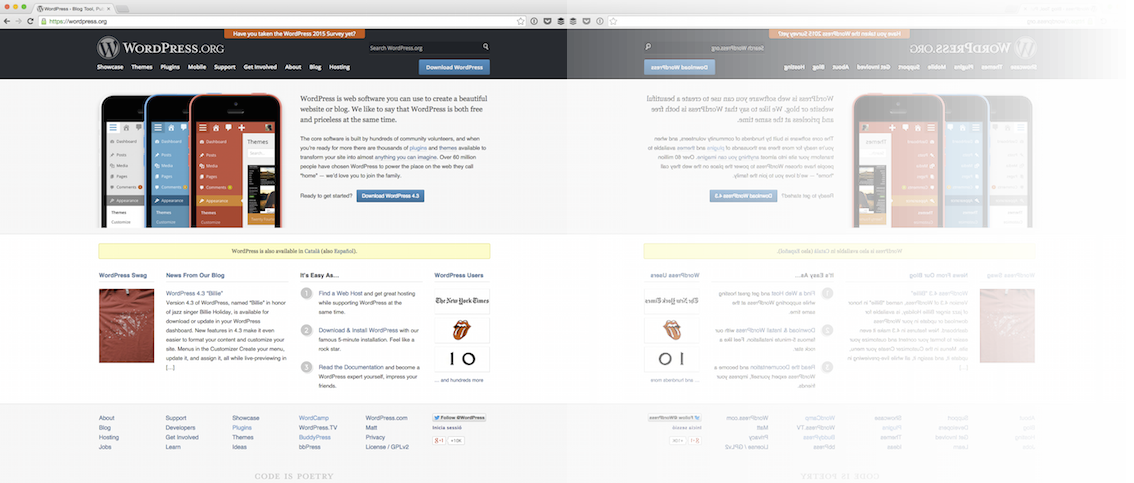
How to Clone A WordPress With Wetopi
I have personally experienced the pain a broken site causes after updating plugins and/or WordPress core, my WordPress just died. I’m sure you have seen the error 404, 502, 503, 504, unable to connect to the database, CSS file goes missing after an update and so on. BTW, we deal with these errors too and
-
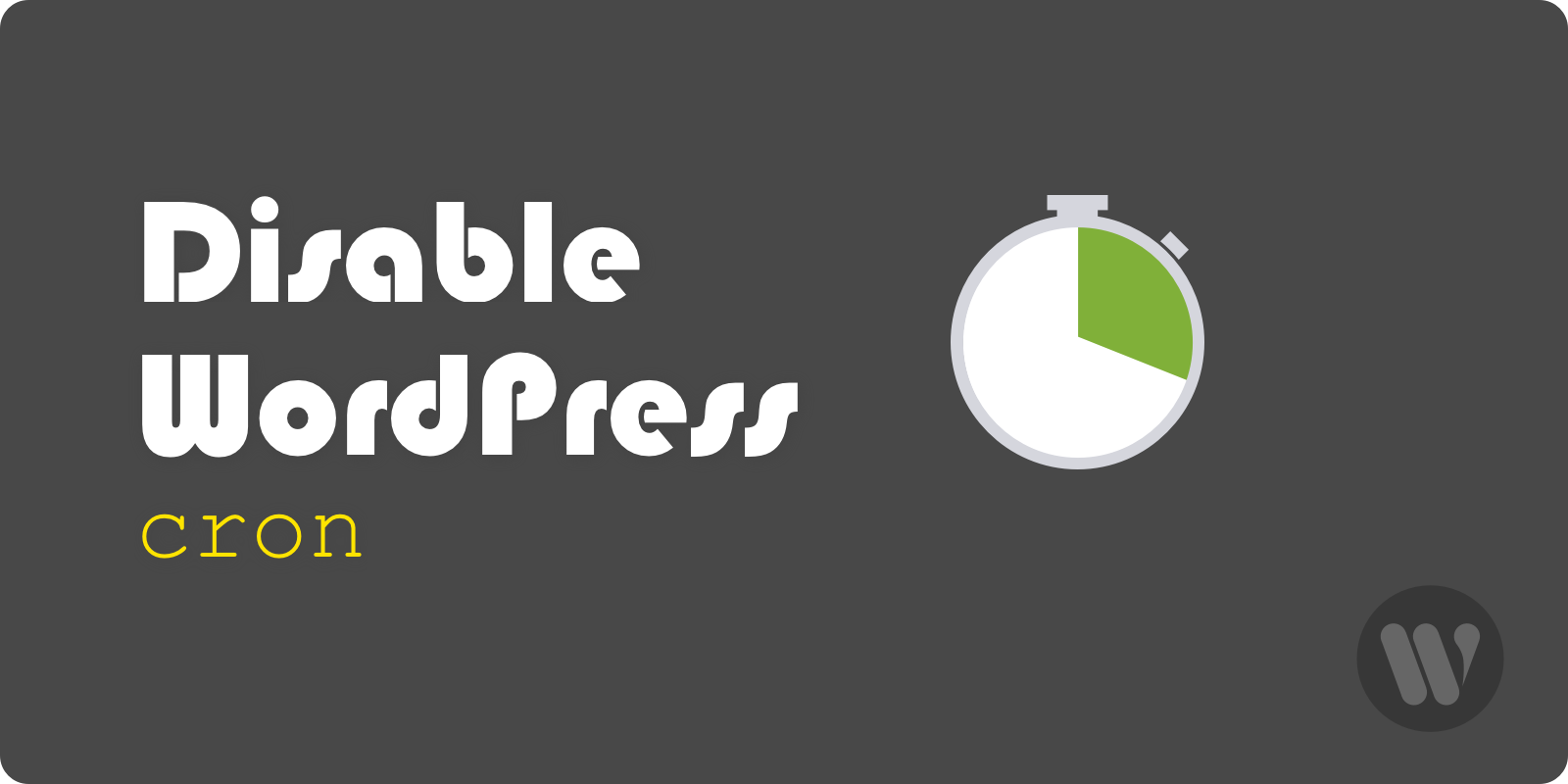
How to disable WordPress cron
WP-Cron executes specific tasks for WordPress sites. The name Cron comes from the Unix/Linux service Cron, typically used to schedule commands or scripts. Why would someone want to disable WordPress cron? This post shows you especifically how to disable the internal WordPress cron
-
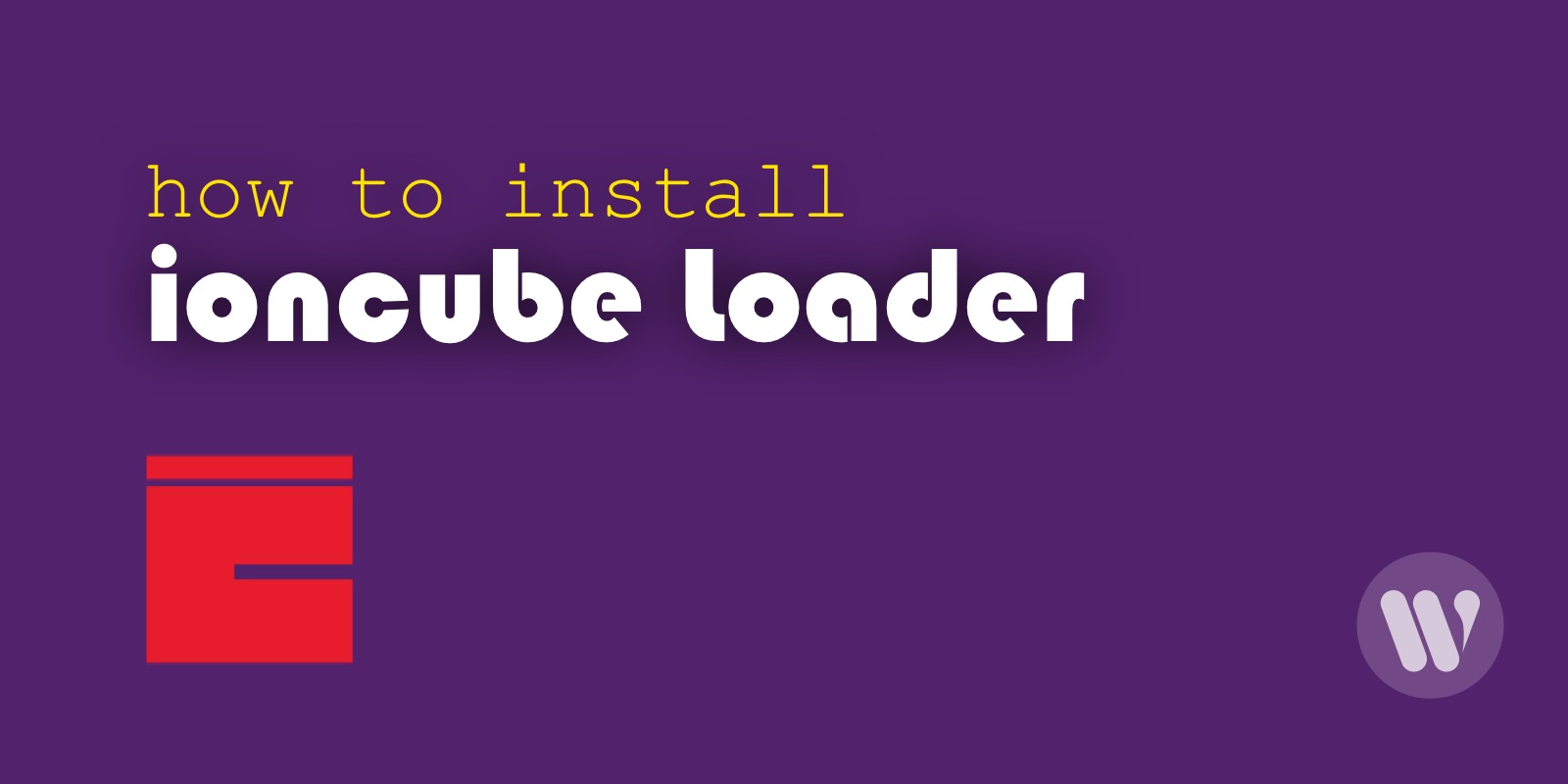
How to install IonCube Loader
You can install IonCube to protect your php code against copy, ensuring nobody will be able to crack it.
-

How to Install Let’s Encrypt SSL Certificate in Wetopi
Goal: Install a Free Let’s Encrypt SSL HTTPS Certificate in wetopiResource required: 1 minute of your time + 1 wetopi server. (sign up and get your free development server now) Gone were the days where SSL certificate is only available to the selected few. With advancement in security requirement, now everyone can enjoy website security
-
How to launch a WordPress site in seconds?
Goal: Learn how you can launch a WordPress site in 20 seconds in wetopi. Resources: 5 minutes of your time + 1 wetopi server. (sign up and get your free development server)
-
How to Migrate to Wetopi with Migrate Guru Plugin
Migrate Guru is a free WordPress migration plugin. It simplifies website migration by moving your site in a way that requires minimal technical knowledge.
-

How to run a Cron Job with WordPress
Cron is a Linux server service that is typically used to schedule commands or scripts on a web server that runs in the background. A cron job is the task itself, which is used to schedule tasks at periodic fixed dates, times, or intervals. Typically these involve repetitive maintenance tasks that are automated to save
-
How to use SSH and securely connect to your server
This guide explains how to establish an SSH (Secure Shell) connection to access the command line of your server. While we’ll be using our WordPress Wetopi hosting service as an example, the same procedure applies to any other situation. Keep reading!
-

Recover a backup from a different site
This post shows you how to recover a backup from one site and restore it onto one of the spare servers of another site you manage at Wetopi. As a WordPress developer, webmaster, or designer, you probably manage multiple WordPress sites. Therefore, it makes sense to have a collection of bootstrapped sites, blueprints, and skeletons
-
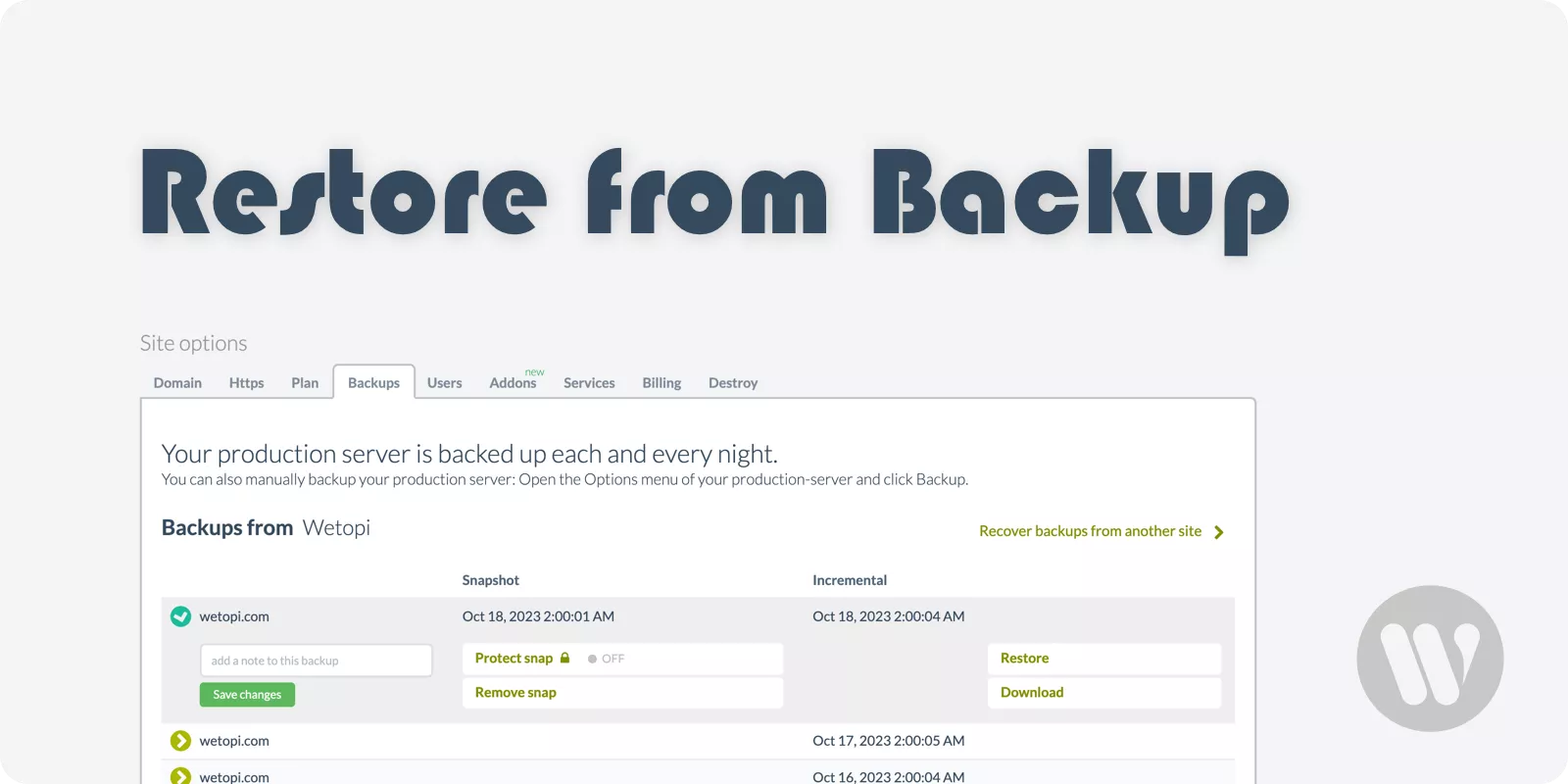
Restore WordPress from Backup (No WordPress Plugin needed)
Goal: Discover how to restore WordPress from a backup, preview the backup without troubling your production site and finally moving it to production. Resources: 1 minute of your time + 1 wetopi server. (sign up and get your free development server)
-
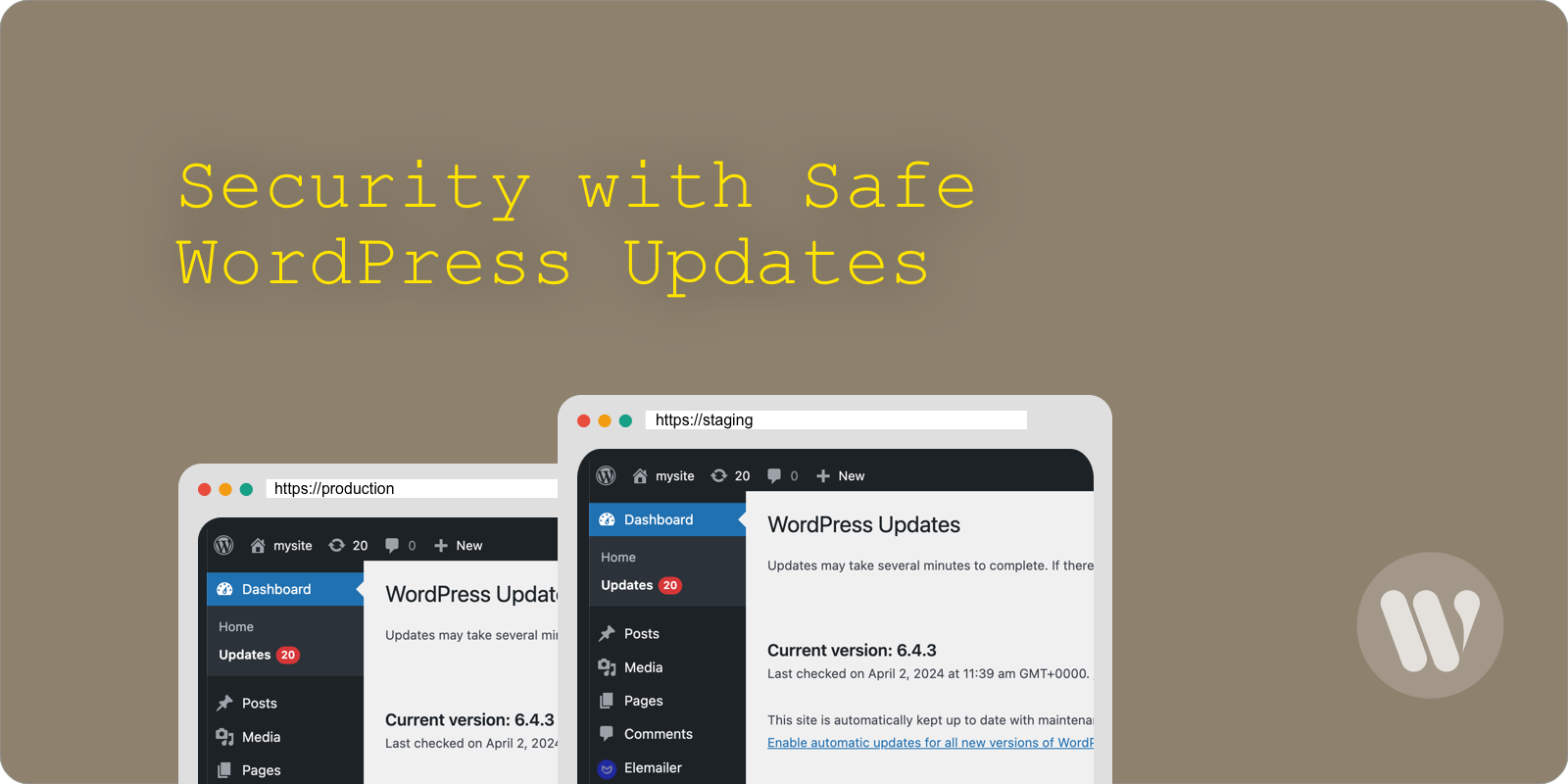
Safely Update to Keep WordPress Secure
Nobody doubts the need to update WordPress and its extensions and themes, but sometimes we don’t do it for a simple reason: Updates can be a nightmare if you are not prepared.
-
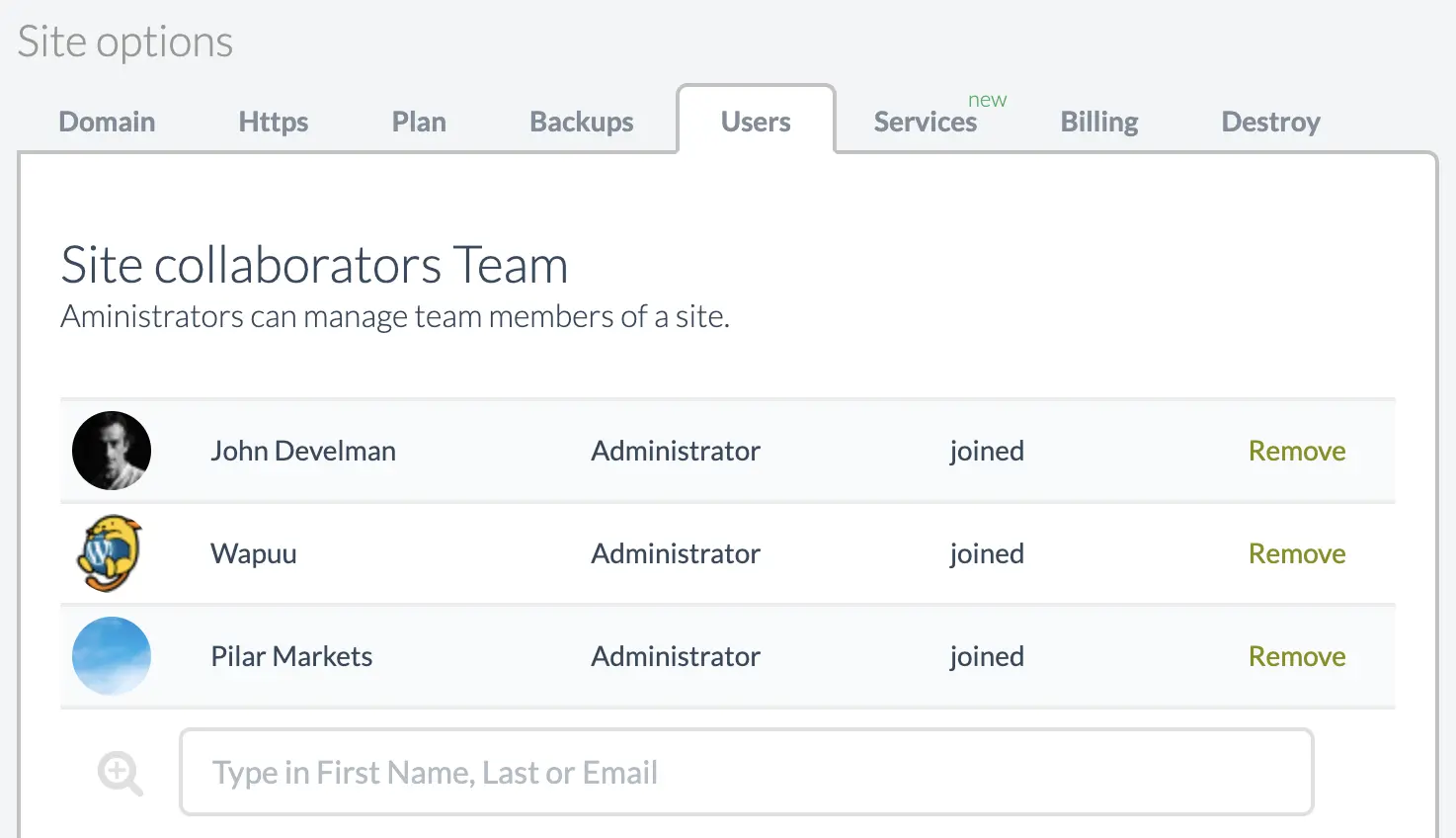
Share Your WordPress Site With Other Users
Goal: Share your WordPress site and servers access with other users.Resources: 30 seconds of your time + 1 wetopi server. (sign up and get your free development server) A collaborator user in Wetopi is someone who has access to your site with their own login credentials. This is a great feature for granting access to
-
Solving DNS Problems, The Definitive Guide
In this post, you will find the guide to troubleshooting DNS issues. The Domain Name Servers are responsible for giving us a server physical address when we ask for a domain or sub-domain. When, for example, we put a domain name like mydomain.com in our browser, our browser needs to find out the server IP
-
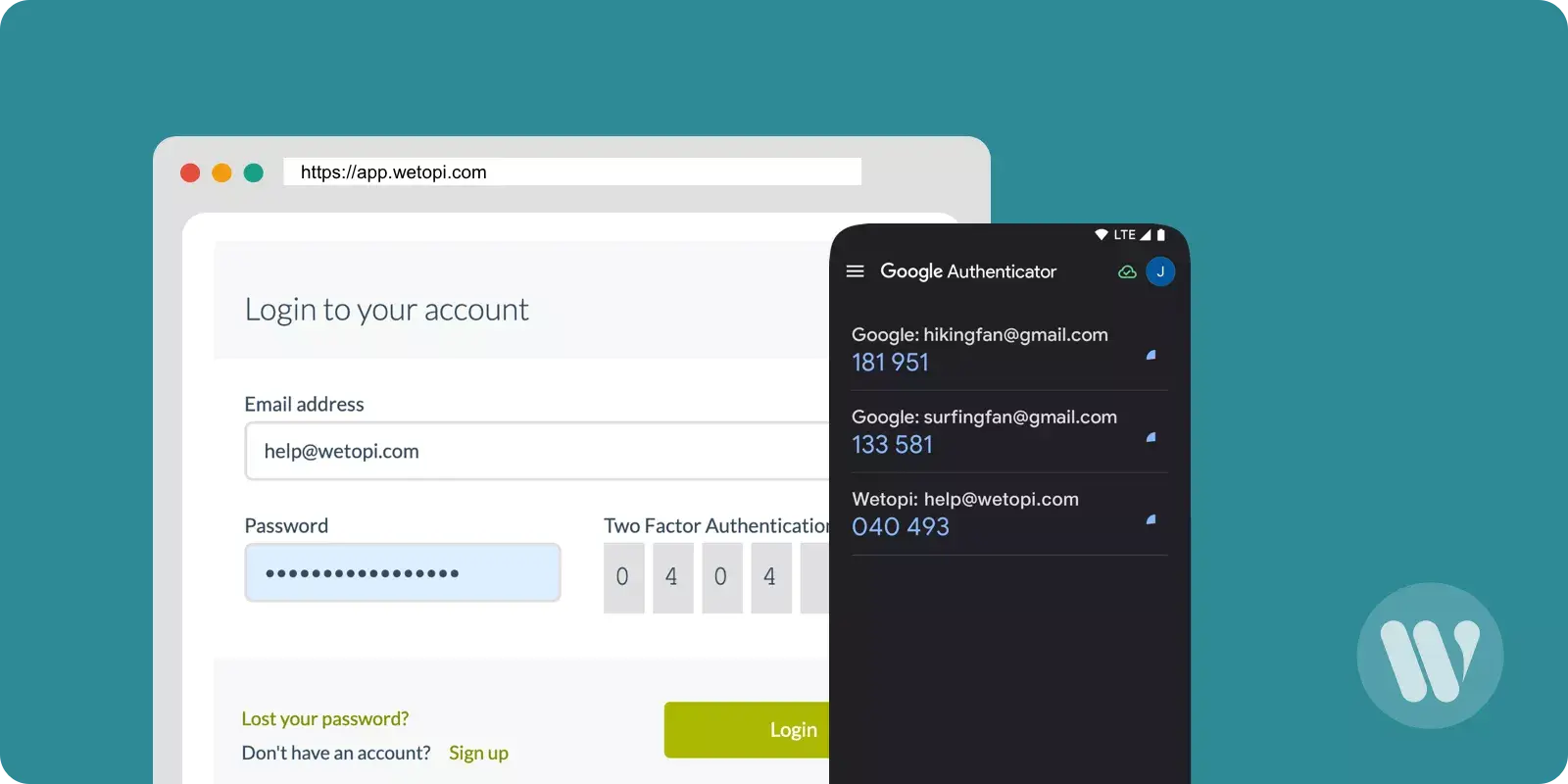
Two-Factor Authentication or 2FA: all you need to know
2FA, an acronym for “Two-Factor Authentication”, implies that in addition to providing your username and password (first factor), an additional step (second factor) is required. This ensures the person trying to access a service is the legitimate user. Two-Factor Authentication, or 2FA, enhances the security of restricted access services by asking the user for a
-
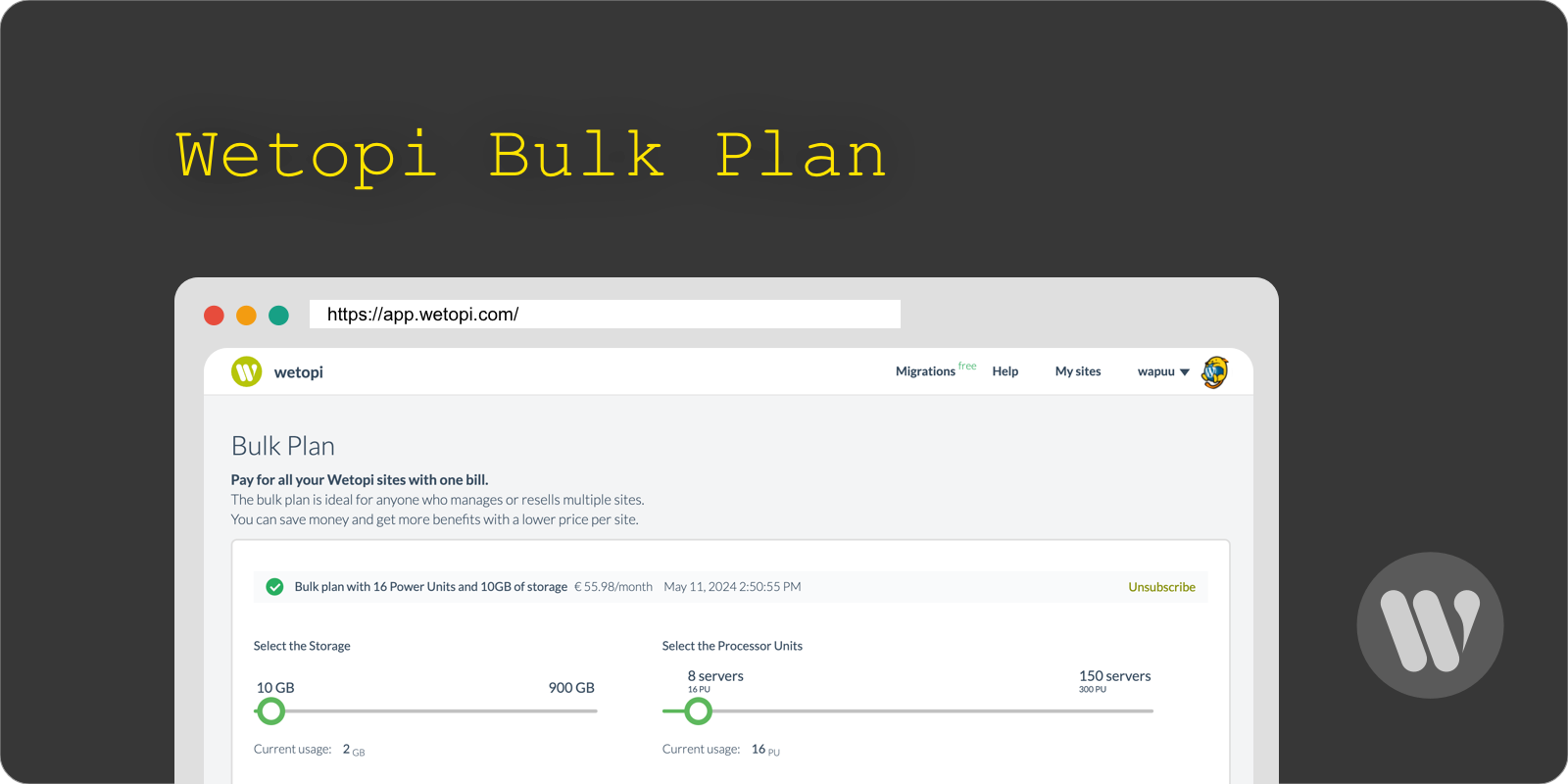
Wetopi “Agency Plan” explained
The Agency Plan will help you manage the payment of several sites at Wetopi and will save you money, too. We will deal with the different aspects involved in the Agency Plan in this article.
-
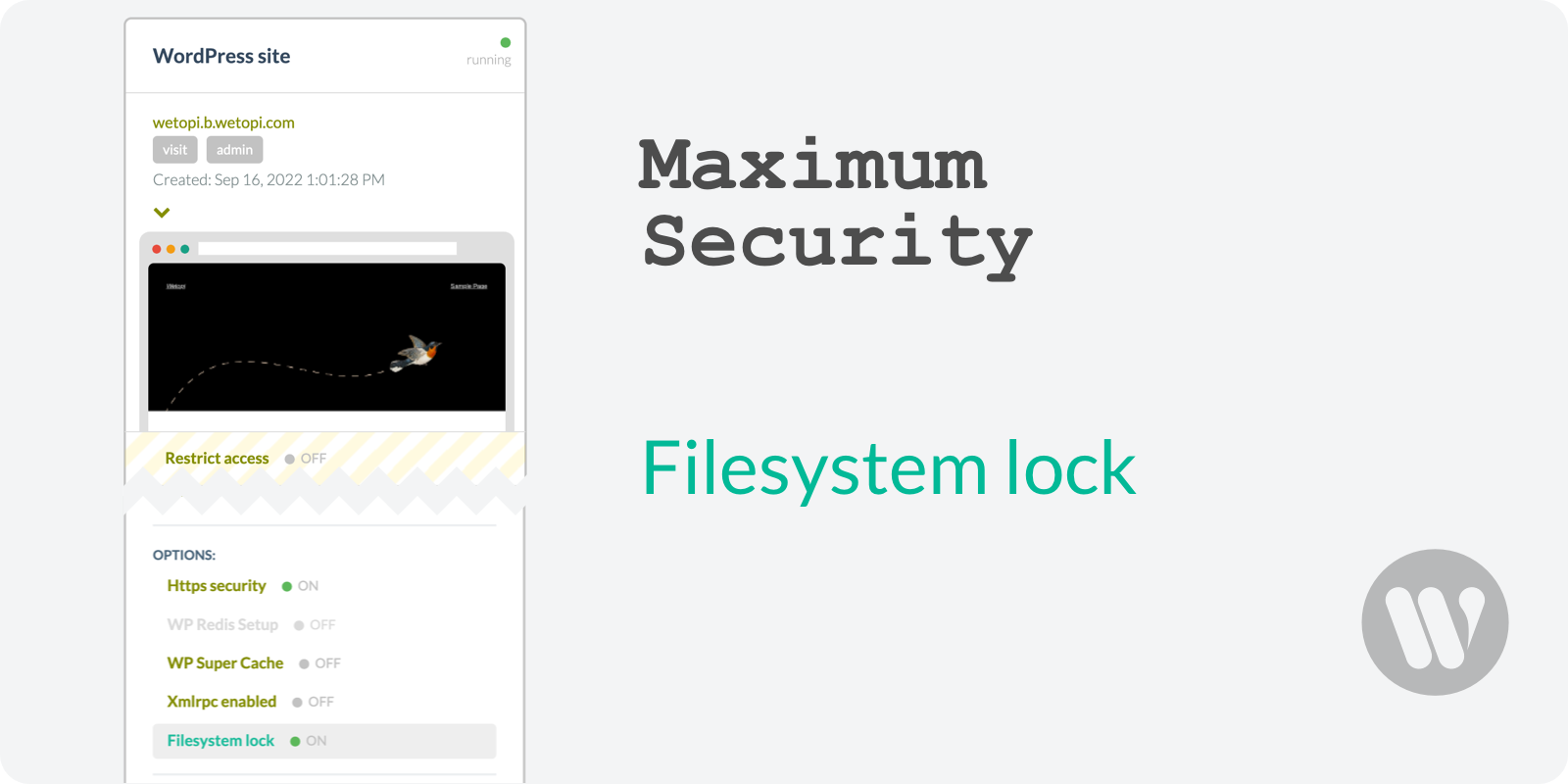
WordPress File Permissions: When and How to Lock Them for Maximum Security
WordPress File Permissions means that some neat features of WordPress come from allowing various files to be writable by the web server. However, allowing write access to your files is potentially dangerous, particularly on WordPress sites with pending security updates. Blocking the WordPress filesystem via File Permissions will help you increase the security of your